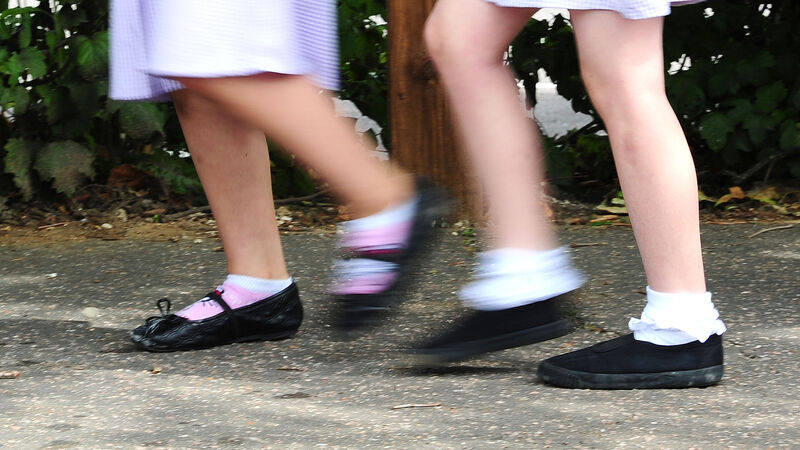Child poverty and housing shortage are destroying the social contract

According to the Central Statistics Office (CSO), in 2023 over half a million people in Ireland were living in poverty, including 176,912 children. Picture: Ian West/PA
In Ireland today, thousands of children have no place to call home while their families struggle to make ends meet. Poverty and the housing crisis impact everyone, from families with children to young people taking their first steps into adulthood.
During the election, we heard about proposals such as savings accounts for newborns, and while they may make good soundbites, they do little to tackle the systemic issues facing younger generations in Ireland. These issues often dominate our media headlines and political debates. But for Ireland’s young people, rhetoric is not enough; what this generation really needs is genuine commitment and urgency to see these problems solved.















